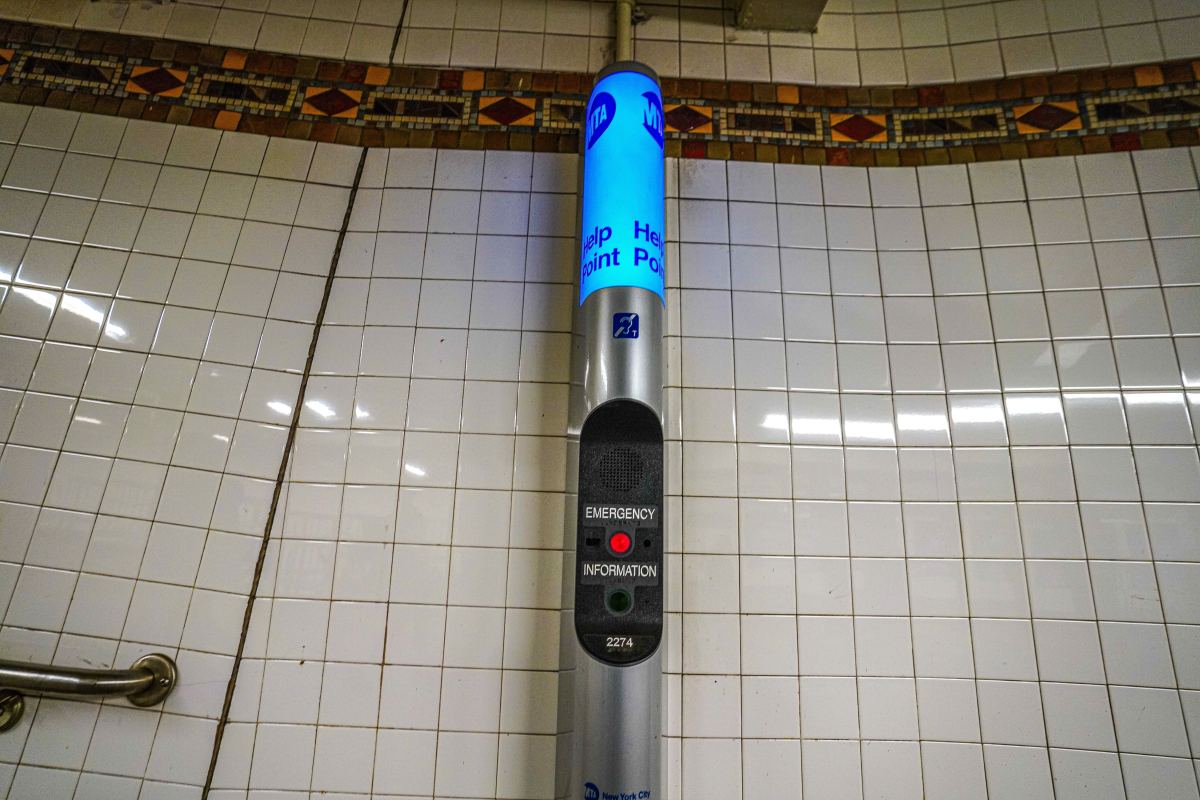DUBAI/JERUSALEM (Reuters) – The United Arab Emirates and Israel share threats to their national online networks, the Israeli cyber-security chief said on Thursday in a rare public discussion of potential cooperation with his counterpart following the normalisation of relations.
The establishment of formal Israel-UAE ties over the last month – spurred in part by common worries about Iran – unleashed a flurry of bilateral deals, including on cyber technologies, Israeli exports of which were valued at $6.5 billion in 2019.
“We are threatened by the same threats … because of the nature of the region, because of the nature of our new, ‘outed’ relations and because of who we are – strong economically and technologically,” Igal Unna, head of Israel’s National Cyber Directorate, told UAE counterpart Mohamed al-Kuwaiti in an online conference.
“We see already things in fast progress and I am very optimistic that we have a lot in common and a lot to share.”
Kuwaiti described the UAE as potentially at risk of online sabotage including ransomware attacks as it develops its digital sphere. He promoted the idea of international cooperation – including in joint exercises – in cyber defence.
“Israel is very well-known on the technological part and that will really help,” Kuwaiti said.
Doron Hadar, commander of the Israeli military’s crisis negotiation unit, said during the conference that dealing with ransomware attacks is “not a ‘win/lose situation’, it’s a ‘lose/lose less’ situation. So (with) the right negotiation and dialogue … you will manage the situation and you’ll survive.”
Kuwaiti described normalisation with Israel as a “step forward” for the UAE government as it pursued things like smart government and artificial intelligence technologies. The UAE valued its cyber-security market at $490 million last year.
Neither Kuwaiti nor Unna explicitly named threats to their countries. Israel has elsewhere described itself as in a cyber-war with arch-foe Iran.
(Writing by Lisa Barrington and Dan Williams; Editing by Nick Macfie)


















